Covid Changed How We Work – And How Our Kids Learn About It
The onset of the pandemic forced employers to reexamine how and where work is done. But as Covid restrictions have eased, 2022 might be remembered as the year working from home settled in as the new norm for many.
For those of us with office jobs, the transition to working from home felt a little strange at first, but we adapted soon enough, and before you knew it we were rolling out of bed and into our desk chairs like we’d been doing it all our lives.
What I haven’t heard people talk about enough, however, is the impact the work-from-home movement has had on families and, in particular, our kids’ understanding of the nature of work.
When I was growing up my parents said goodbye to me each morning, went out the front door and went to something called a “job.” I didn’t see or hear from them again until they came home around dinner time. I didn’t really know what this “job” thing was all about except I knew it was important because it was how they brought in money for the important stuff, like the snacks and video games that were at the center of my existence. But it also sounded like kind of a drag based on my parents’ work-related conversations at the dinner table. Once in a while I would go with my dad to the clothing store he owned, or to my mom’s law office where she worked as a secretary. But these rare visits to the working world were too limited to instill in me a clear picture about what it meant to hold a full-time or, in my mother’s case, a part-time job.
For my kids, the experience was similar pre-pandemic. Sure, they attended “bring your kids to work” days offered by some of my employers, but those were highly programmed events designed to make work seem fun, at least from a kid’s-eye view. Then came Covid, and, like millions of other families, my wife, our now-teenage kids and I were suddenly spending all day, every day under the same roof. And - lucky me - my kids chose our family room, which doubles as my home office, as their favorite place to hang.
As a private investigator, the majority of my work is done with a computer and phone – searching for and analyzing public records, calling sources, Googling names, scanning social media, etc. And then there are the meetings – with work teams, supervisors, clients, etc. Suddenly my kids, who probably saw their dad’s work the same way I saw my dad’s, had a front-row seat to what a 40-plus-hour work week actually looks like. They saw that many of the skills they are learning in school – technical skills, verbal and written communication skills, thinking skills – really do matter in adulthood. Most of all, I think they saw that work can be hard, but it can also be really rewarding. They saw that sometimes work takes me away from the things I enjoy, but they also saw my excitement at uncovering a key finding for a client, and the comradery I share with my coworkers.
Some of those coworkers point out that when they were growing up they had much greater exposure to their parents’ work lives than I did. Their parents worked from home, or very nearby, and so their parents’ jobs were more closely interwoven with the fabric of their home lives.
As my kids begin thinking about what careers they may want, I am hopeful that they do so with a greater understanding than I had of what a working life really is – the ebbs and flows, the ups and downs. It’s not always fun and it can be a real grind. But, as the old saying goes, if you find a job you love you’ll never work a day in your life. I hope that holds true for my kids, but for now I take comfort in the knowledge that they’ve seen first-hand that the working life is not something to be dreaded but rather something that offers its own unique rewards.
